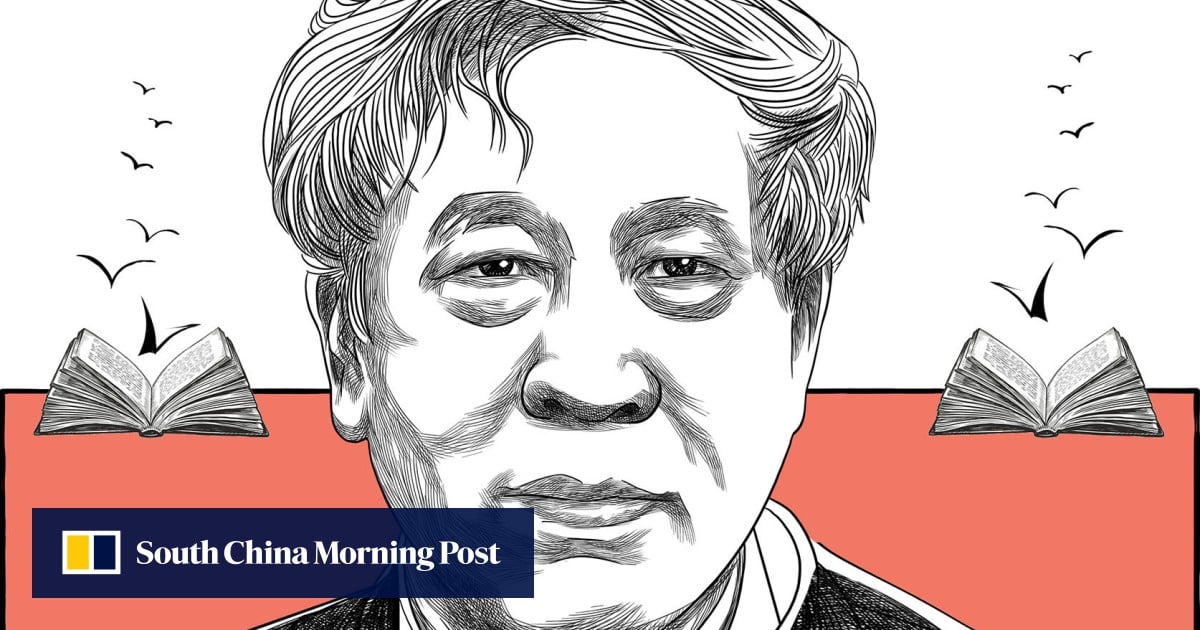
Advertisement
In recent years, there has been a lot of discussion about you being in contention for the Nobel Prize in Literature. Does this put you under pressure?
I was born in 1958 and am now 67 years old. At this stage in my life, the prospect of winning any literary prize no longer exerts any pressure on me or my writing. Any pressures I face now stem from within my own existence and from literature itself rather than from outside the literature and my life.
Indeed, certain past laureates have sparked controversy among readers, and such debate is perfectly natural. Although there is broad common ground in the standards of good literature, literature is ultimately not a science – it is not mathematics, physics or chemistry. Its magic and greatness lie in its capacity for diverse interpretations: benevolent people see benevolence and wise people perceive wisdom.
Fine literary works excel precisely because they offer multiple angles for interpretation, inviting varied understandings and lively discussion.
Advertisement
I believe in the simplest principle of literary common sense: any human experience is fair game for literature. No experience is inherently nobler or more deserving of a place in literature than another.


